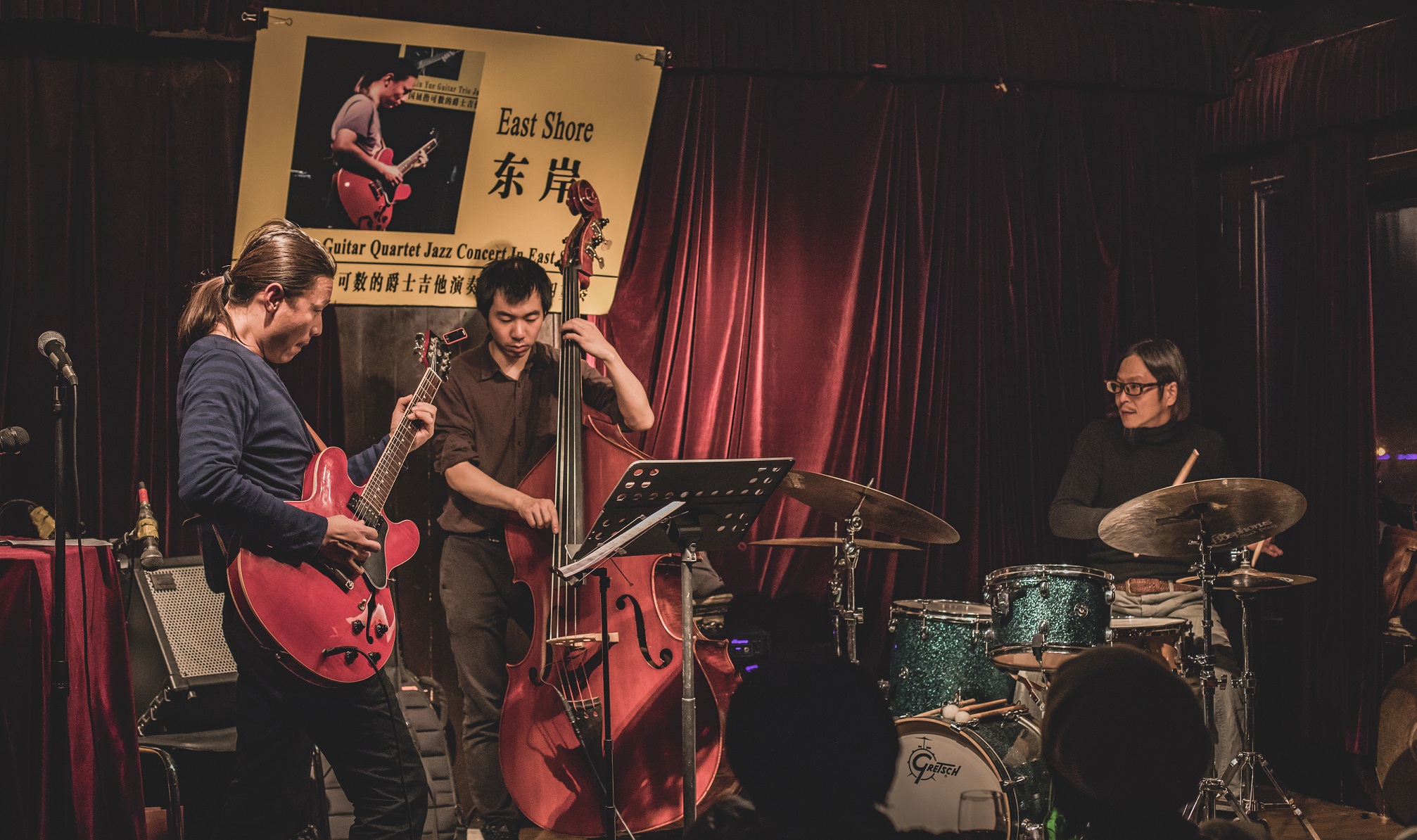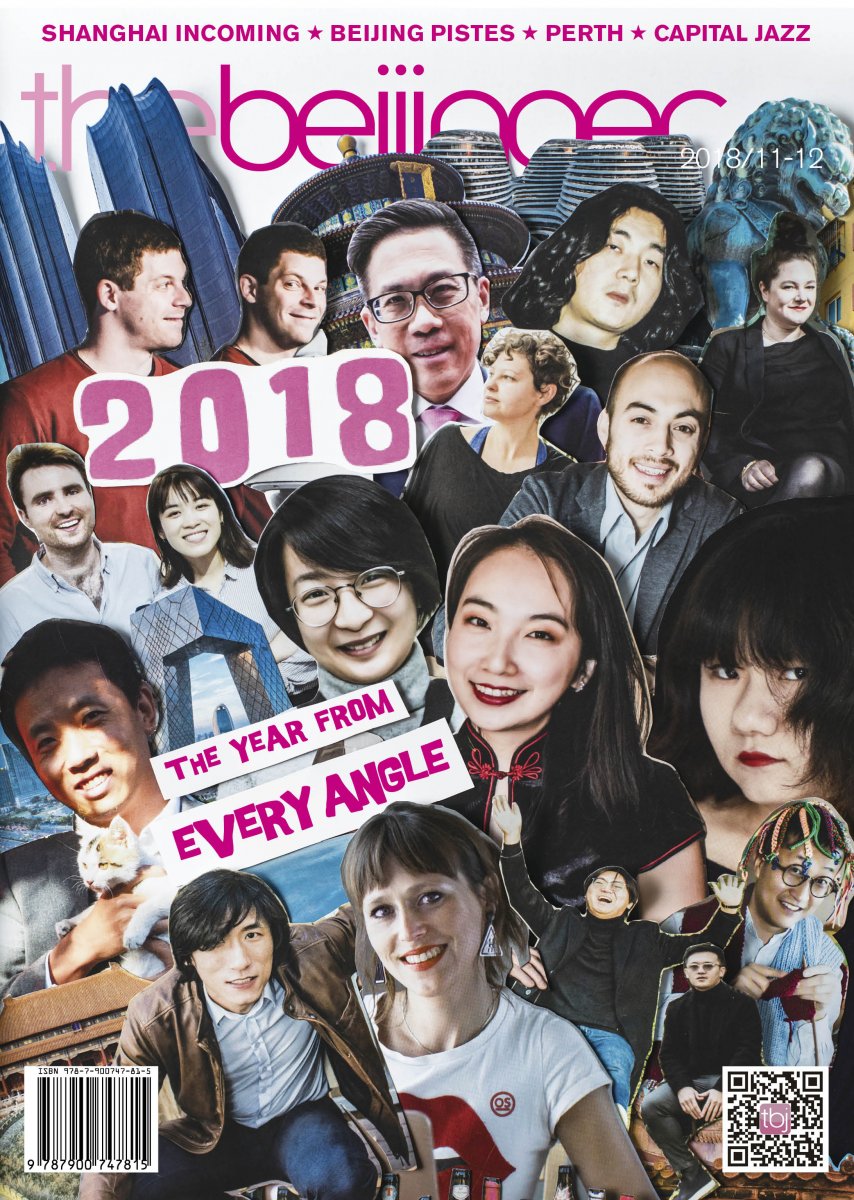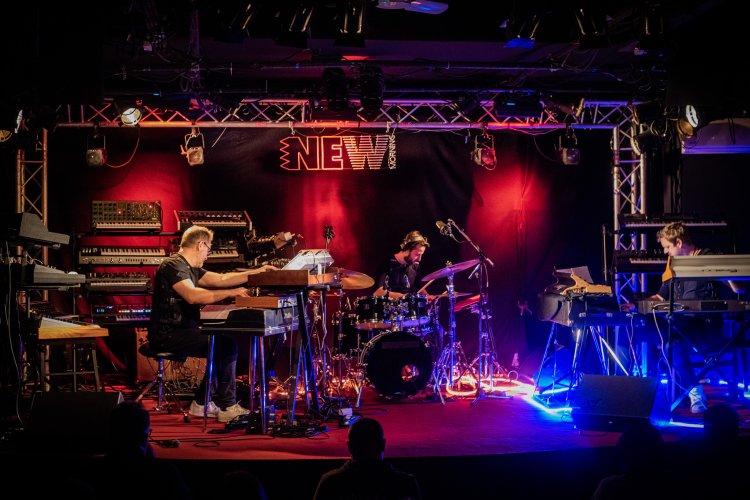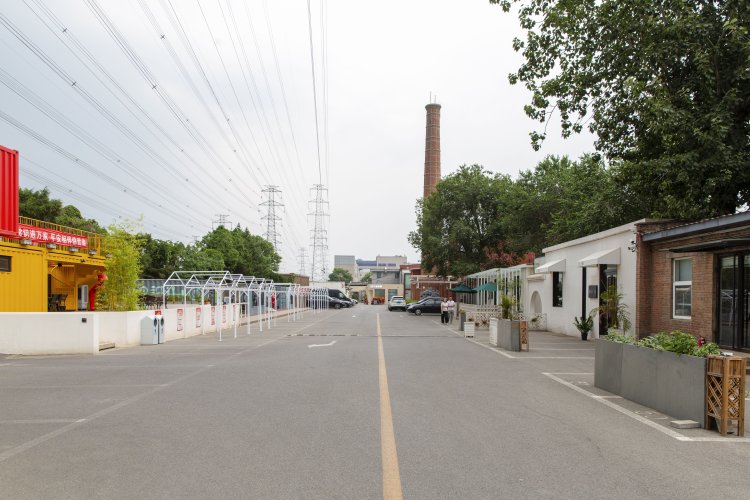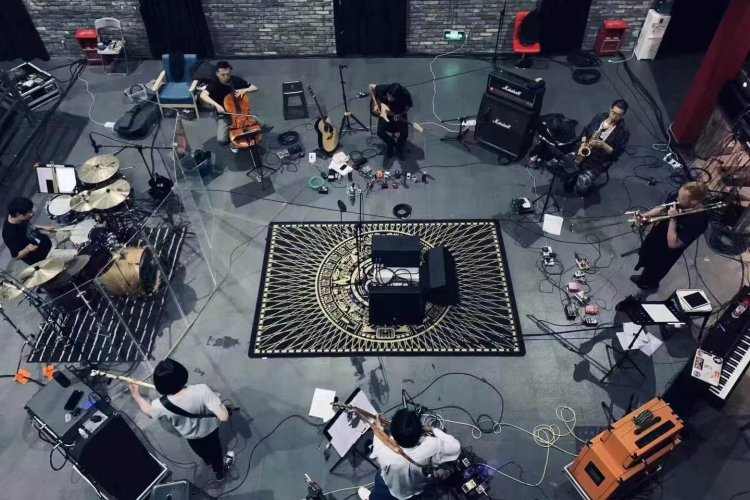At 25, Jazz Is Growing up Fast in Beijing
“Play ‘City of Stars!’” a smiling Chinese man hollers from the back of The Bricks, the Sanlitun jazz club resembling Seb’s from the film La La Land. The request reflects Beijing’s growing fascination with American jazz, as China approaches the 100th anniversary of the music genre’s arrival in Shanghai.
Meanwhile, here in the capital, jazz took much longer to find a permanent home – about seven decades to be more precise. The underpinnings of this delay begin in the 1930s, when Western music was actively suppressed by the Japanese occupation, and later banned during the Cultural Revolution. As China began to open up in the 1980s, it was easier for domestic and international musicians to perform and for consumers to buy foreign albums, but a true scene did not materialize in Beijing until 1993, when the city hosted its first jazz festival. This meant that the same time as grunge and hip-hop were dominating the American music charts, many Beijingers were discovering jazz for the first time. A year later, renowned sax-player Liu Yuan opened the city’s first jazz club, the CD Café, which he ran right up until opening the East Shore on Houhai Lake in 2006, and which is still in operation to this day. Shortly after moving from Italy to study kung fu, a stolen wallet forced pianist Moreno Donadel to hustle bar owners in Sanlitun for a gig.
That was 20 years ago; Donadel has played for Beijing audiences ever since. “For them, jazz music was modern music,” he recalls. “They were open to receive, more open compared to Western audiences.” Many musicians were so inspired by these new sounds that they left Beijing to study jazz abroad, returning home confident and committed to the fundamentals of structure and improvisation. “I think that’s probably when they started to feel freer, and not embarrassed to express themselves,” says Jess Meider, an American singer who has performed here since 1998.

Today, jazz is performed all over the city, from the oldest surviving rooms (the East Shore Live Jazz Café and Jianghu Bar) to the charmingly dingy, tucked-away hutong bars (Modernista and DDC). And, within just the last two years, four ultra-chic jazz spots have also opened: Blue Note Beijing, inside the former American embassy; The Bricks and Good Bait, in Sanlitun; and Tango by Ala House, in the CBD. These new clubs suggest a growing affluence in Beijing, with a taste (and the wallet) for fine dining and bottle service.
Local jazz is also returning to the type of luxury venue that welcomed players to 1920s Shanghai: hotels. Since October, Centro at Kerry Hotel has hosted the Smooth Operators, a five-piece expat group performing modern jazz takes on standards, including George Gershwin’s “Summertime”, and more contemporary hits, by the likes of Adele and OutKast. “Jazz is not about the genre,” says London-based singer Ashton Forde, before a recent set. “It’s about the style, it’s about the feel, and finding an interesting way to preserve and interpret the familiar.”
Chinese musicians are now starting to outnumber the American, British, and European players here who first introduced them to jazz. Bands have evolved into international hybrids of local talent and foreign virtuosity. “In Beijing, I have found great players and a growing understanding of the music,” says Colombian drummer Victor Bastidas, who arrived in 2017 and regularly performs with Chinese combos.
As it turns out, many expat musicians say they prefer playing Beijing to places like New York City, given the availability of work here. “Without Beijing,” Meider says, “I wouldn’t have been on so many stages making all the mistakes that you have to make to become a better performer.” “It saved my life when jazz came to Beijing,” Donadel adds. “And that was what made me stay here – to see what would happen tomorrow.”
Photo: Uni You

